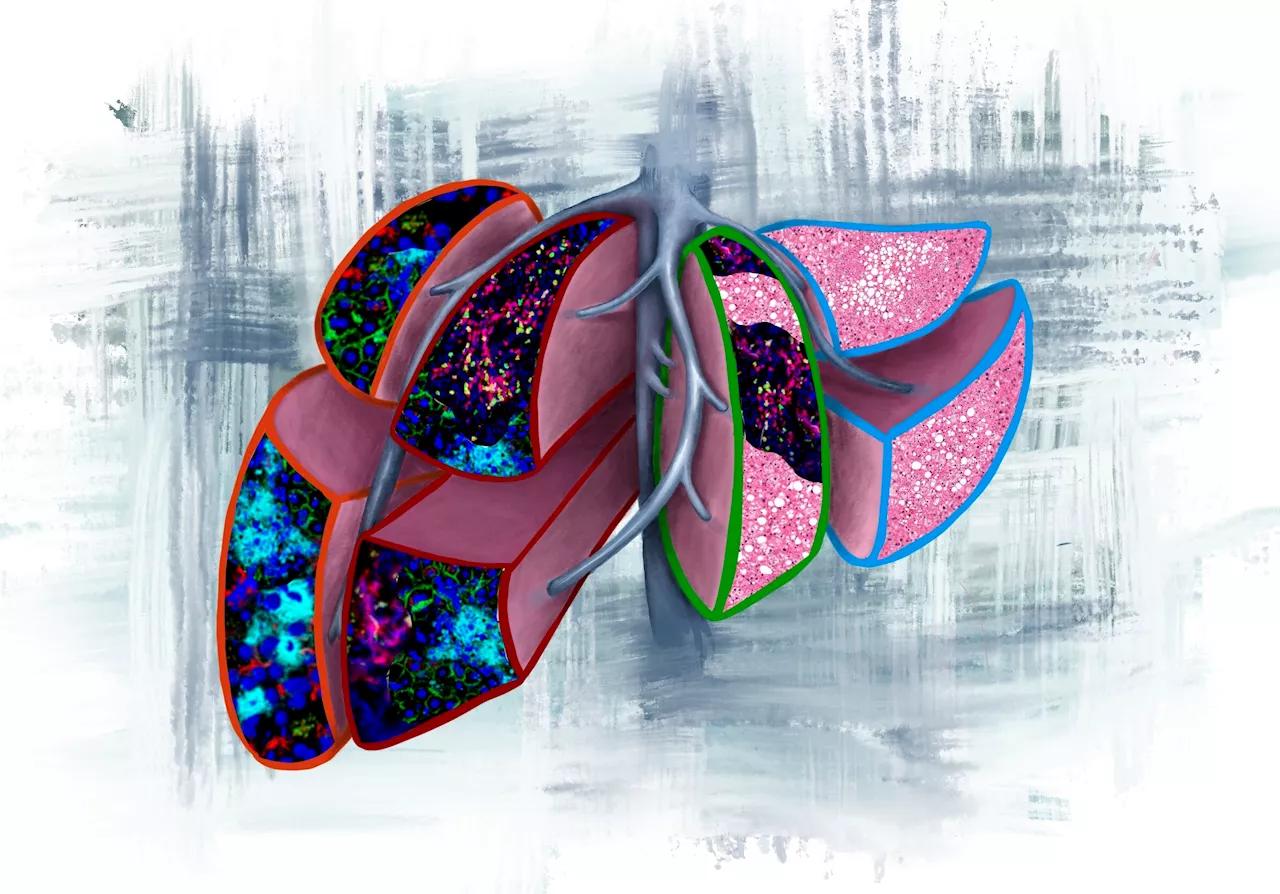Researchers at Weill Cornell Medicine have used machine learning to define three subtypes of Parkinson's disease based on the pace at which the disease progresses.
Weill Cornell Medicine Jul 16 2024 Research ers at Weill Cornell Medicine have used machine learning to define three subtypes of Parkinson's disease based on the pace at which the disease progresses. In addition to having the potential to become an important diagnostic and prognostic tool, these subtypes are marked by distinct driver genes. If validated, these markers could also suggest ways the subtypes can be targeted with new and existing drugs.
The investigators defined the subtypes based on their distinct patterns of disease progression. They named them the Inching Pace subtype for disease with a mild baseline severity and mild progression speed, the Moderate Pace subtype for cases that have mild baseline severity but advance at a moderate rate, and Rapid Pace subtype , for cases with the most rapid symptom progression rate.
Dr. Wang's lab has been studying Parkinson's since 2016, when the group participated in the Parkinson's Progression Markers Initiative data challenge sponsored by the Michael J. Fox Foundation. The team won the challenge on the topic of deriving subtypes, and since then has received funding from the foundation to continue this work.
Clinical Research Network, based in New York, and the OneFlorida+ Clinical Research Consortium, are both part of the National Patient-Centered Clinical Research Network . INSIGHT is led by Dr. Rainu Kaushal, senior associate dean for clinical research at Weill Cornell Medicine and chair of the Department of Population Health Sciences at Weill Cornell Medicine and NewYork-Presbyterian/Weill Cornell Medical Center.
Diagnostic Drugs Genes Medicine Metformin Parkinson's Disease Research
Deutschland Neuesten Nachrichten, Deutschland Schlagzeilen
Similar News:Sie können auch ähnliche Nachrichten wie diese lesen, die wir aus anderen Nachrichtenquellen gesammelt haben.
 Weill Cornell Medicine receives $1.5M grant to predict prostate cancer bone metastasisWeill Cornell Medicine received a $1.5 million grant from the U.S. Department of Defense Prostate Cancer Research Program to develop new approaches for predicting the spread of cancer cells to the bone in men with prostate cancer, using tumor samples taken at early stages of the disease.
Weill Cornell Medicine receives $1.5M grant to predict prostate cancer bone metastasisWeill Cornell Medicine received a $1.5 million grant from the U.S. Department of Defense Prostate Cancer Research Program to develop new approaches for predicting the spread of cancer cells to the bone in men with prostate cancer, using tumor samples taken at early stages of the disease.
Weiterlesen »
 Machine learning helps define new subtypes of Parkinson's diseaseResearchers at Weill Cornell Medicine have used machine learning to define three subtypes of Parkinson's disease based on the pace at which the disease progresses. In addition to having the potential to become an important diagnostic and prognostic tool, these subtypes are marked by distinct driver genes.
Machine learning helps define new subtypes of Parkinson's diseaseResearchers at Weill Cornell Medicine have used machine learning to define three subtypes of Parkinson's disease based on the pace at which the disease progresses. In addition to having the potential to become an important diagnostic and prognostic tool, these subtypes are marked by distinct driver genes.
Weiterlesen »
 Using liver biopsies to identify predictors of pancreatic cancer metastasisResearchers at Weill Cornell Medicine with an international team have used liver biopsies to identify cellular and molecular markers that can potentially be used to predict whether and when pancreatic cancer will spread to an individual's liver or elsewhere, such as the lung.
Using liver biopsies to identify predictors of pancreatic cancer metastasisResearchers at Weill Cornell Medicine with an international team have used liver biopsies to identify cellular and molecular markers that can potentially be used to predict whether and when pancreatic cancer will spread to an individual's liver or elsewhere, such as the lung.
Weiterlesen »
 New predictors of metastasis in patients with early-stage pancreatic cancerResearchers at Weill Cornell Medicine with an international team have used liver biopsies to identify cellular and molecular markers that can potentially be used to predict whether and when pancreatic cancer will spread to an individual's liver or elsewhere, such as the lung.
New predictors of metastasis in patients with early-stage pancreatic cancerResearchers at Weill Cornell Medicine with an international team have used liver biopsies to identify cellular and molecular markers that can potentially be used to predict whether and when pancreatic cancer will spread to an individual's liver or elsewhere, such as the lung.
Weiterlesen »
 Cell division's hidden safety mechanism may influence cancer growthBefore a cell commits fully to the process of dividing itself into two new cells, it may ensure the appropriateness of its commitment by staying for many hours-;sometimes more than a day-;in a reversible intermediate state, according to a discovery by researchers at Weill Cornell Medicine.
Cell division's hidden safety mechanism may influence cancer growthBefore a cell commits fully to the process of dividing itself into two new cells, it may ensure the appropriateness of its commitment by staying for many hours-;sometimes more than a day-;in a reversible intermediate state, according to a discovery by researchers at Weill Cornell Medicine.
Weiterlesen »
 Scans show brain's estrogen activity changes during menopauseThe transition to menopause is marked by a progressively higher density of estrogen receptors (ER) on brain cells, a measure that remains elevated in women up to their mid-sixties, according to a new brain imaging study led by researchers at Weill Cornell Medicine.
Scans show brain's estrogen activity changes during menopauseThe transition to menopause is marked by a progressively higher density of estrogen receptors (ER) on brain cells, a measure that remains elevated in women up to their mid-sixties, according to a new brain imaging study led by researchers at Weill Cornell Medicine.
Weiterlesen »
